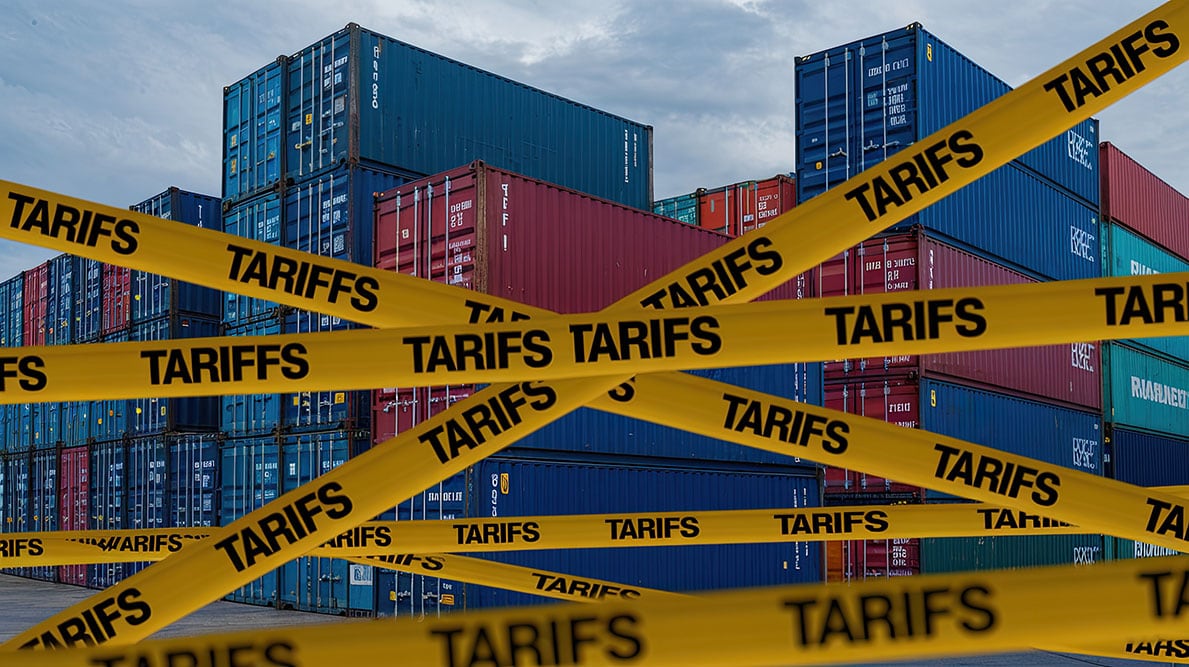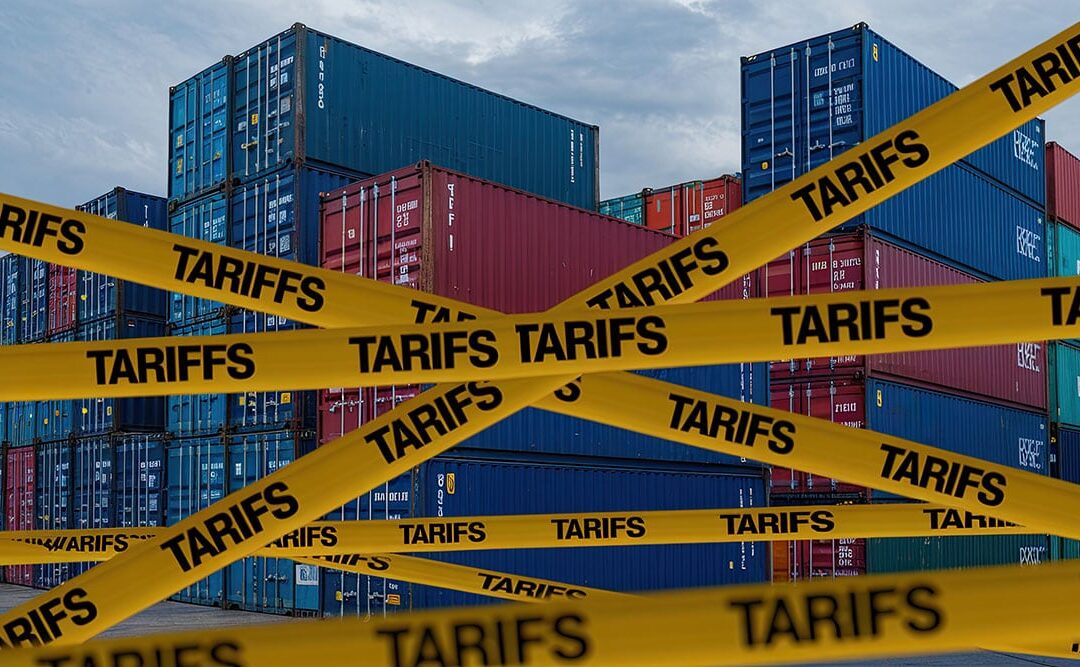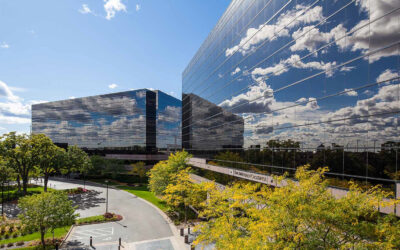NEWS POST
Managing risk in commercial real estate amid tariff changes
By: Paul Donovan, COO-Forte and contributing partners: Dustin Benz, President-iSpace Environments and Erik Olson, Director of Business Development-Mission Construction

The current tariff landscape is fluid, but one thing is clear—it is increasing costs across the commercial real estate sector. To navigate these rising expenses, businesses must proactively manage risk including budgets and lease negotiations. Below is a detailed breakdown of key impacts and planning strategies for businesses.
Material price hikes: Implications for fit-out costs
Recent tariff changes are driving significant increases in material costs, which have important implications for fit-out expenses in commercial real estate.
- Material costs: Construction materials account for 25-40% of contract prices. A general 10% increase in material costs can lead to an overall 3-4% rise in project costs.
- Aluminum/steel: Imports from Canada are subject to a 10-25% price increase, impacting window frames, curtain walls, and other structural components.
- Drywall (gypsum): Primarily manufactured domestically, so pricing remains stable.
- Plumbing fixtures: Tariffs have caused a 145% surge in prices for China-manufactured toilets and fixtures.
- Italian tile & EU finishes: Currently facing a 10% tariff, affecting high-end interior finishes.
- Supplier adjustments: Domestic suppliers not impacted by tariffs may opportunistically increase prices.
- Furniture & equipment: Price hikes vary—1-6% for furniture and 8-20% for audiovisual equipment.
- Labor costs: Projected to rise 5–10% due to cascading delays and higher transportation costs. However, current industry feedback suggests this trend is not yet materializing.
Other cost considerations
- Operating expenses & CAM fees: Increasing 6-10% due to material costs, though energy savings could offset some expenses.
- Shipping & delivery delays: Due to fluctuating tariffs and ongoing supply chain disruptions, the costs and delivery of construction materials are highly uncertain in the coming months. Some vendors may hold shipments until tariff costs stabilize, leading to delays in shipping and availability.
Planning strategies for businesses
Effective lease negotiations are crucial for tenants to manage rising costs and mitigate rinks associated with tariffs.
Lease negotiations
- Legal review: Hire an attorney to guide you through lease negotiations.
- New leases:
- Pay attention to any tariff-related clauses landlords might include.
- Set limits on pass-through expenses to control rising costs.
- Make sure to have the right to audit pass-through expenses.
- Existing leases:
- Review pass-through expenses to ensure tariff-related increases align with lease terms.
Risk mitigation measures
Implementing effective risk mitigation measures is essential for businesses to manage cost fluctuations and ensure project stability in the face of changing tariffs.
- Start early: Assemble internal and external teams well before project deadlines to anticipate and manage cost changes.
- Design flexibility: Create project designs that can be easily adjusted if prices change.
- Active project management: Continuously monitor material costs and be ready to adjust project scope as needed.
- Budget contingencies: Make sure your budget includes contingency funds to cover unexpected increases in global prices.
- Supplier selection: Choose suppliers who are less affected by tariffs to ensure more stable costs.
To consult with a professional about managing commercial real estate risk and the impact tariffs have on your real estate, contact Forte at 952-854-8290.
Real Estate Advisory

News & Updates
United Bankers’ Bank leases 28,000 sq. ft. at Two Meridian
NEWS POSTUnited Bankers' Bank leases 28,000 sq. ft. at Two Meridian Building's 2024 renovation and amenities package to support UBB's culture and growth. United Bankers' Bank (UBB), a Minnesota-based bankers' bank, is planning to move its headquarters from its...
Finance & Commerce: Beyond the Skyline
NEWS POST Finance & Commerce: Beyond the SkylineSpotlight Interview: Katie Trevena, Senior Vice President, Real Estate Advisory, Forte Real Estate PartnersIn this edition of Beyond the Skyline, F&C reporter Dan Netter sits down with Katie Trevena, senior vice...
Get to Know Forte: Six Questions with Joe Jetland
NEWS POSTGet to Know Forte: Six Questions with Joe Jetland Meet the people behind Forte! We asked fun and insightful questions to commercial real estate expert Joe Jetland. It’s a quick way to get to know the Forte team—passionate, experienced...




